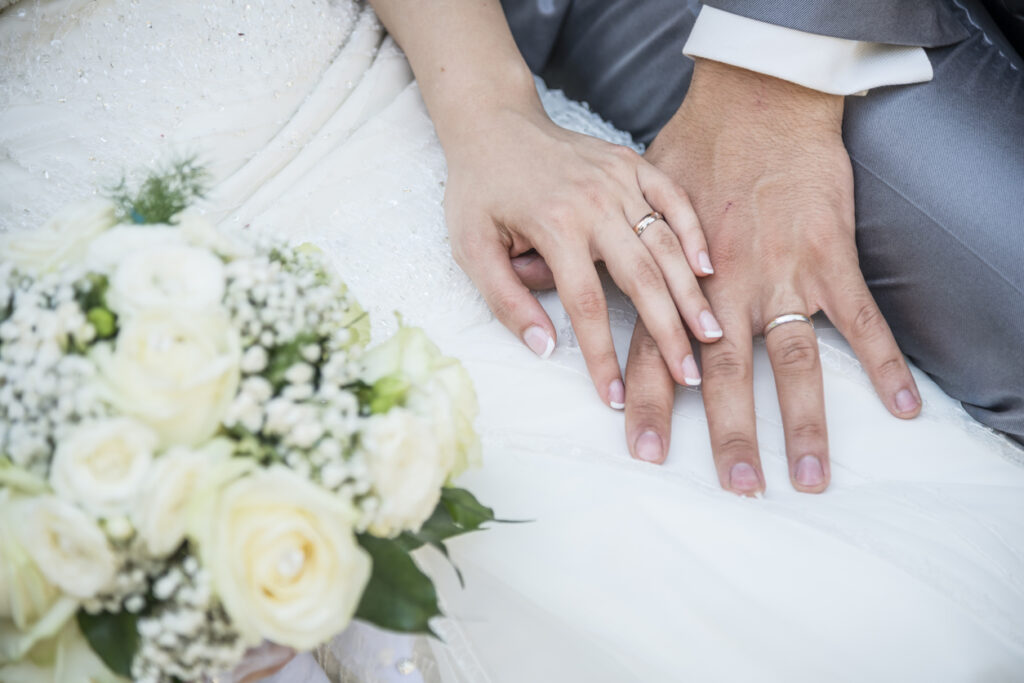Question:
Why is the pope approving of civil unions for homosexuals? Isn’t this still one of the deadly sins? (Lexington, Indiana)
Answer:
First, to clarify: I have never seen homosexuality mentioned as one of the seven deadly sins. In fact, many people with a homosexual orientation are celibate. The seven deadly sins are commonly listed as pride, greed, wrath, envy, lust, gluttony and sloth.
Now, to the matter of Pope Francis’ recent quote. A documentary entitled “Francesco,” released in Rome this past October, quoted a comment the pope made in a 2019 interview with the Mexican network Televisa.
There, the pope said, “Homosexual people have a right to be in a family. They are children of God and have a right to a family. Nobody should be thrown out or be made miserable over it. What we have to create is a civil union law. That way they are legally covered.”
In saying this, Pope Francis was not changing the Church’s moral teaching or its understanding of marriage. Marriage is an indissoluble union between one man and one woman, a union open to the transmission of life; as a result, gay marriage is unacceptable, and Pope Francis has often affirmed that.
In the quote in question, he was speaking simply of the need to provide legal protection for the rights of nonmarried people living together in a stable way — rights, for example, involving inheritance, health care decisions and visitation when one is ill.
Question:
I have done something terrible. I committed a mortal sin and then I received the Eucharist. Am I going to be condemned? I am very worried. I am 17 years old, and I was baptized just two months ago. If I go to confession, will I be forgiven? (I was afraid that my parents would question me if I did not take Communion, so I went up to receive even though I knew it was wrong.) Please help me to know what to do. (City and state withheld)
Answer:
Please be at peace. You are not going to be condemned, and you will surely be forgiven in the sacrament of penance. It strikes me that some of our best-known saints made their way back from moral wrongs to find healing and joy in God’s forgiveness.
I’m thinking of St. Paul, who once persecuted those who believed in Jesus; of St. Peter, who during Christ’s Passion denied that he even knew Christ; of St. Augustine, who had fathered a child out of wedlock. God can forgive anything, and he wants to. His very purpose in creating us was so that we could share eternal happiness in his presence.
Just go to confession and tell the priest of your sin and the fact that you went to holy Communion despite recognizing its gravity. And congratulations on your recent baptism. Like most Catholics, I was baptized as an infant, but I often find that those who entered the Church later on have a faith that is more reflective and stronger.
Question:
I am a practicing Catholic, and my daughter is in the third grade at a Catholic school. In my former parish in Arizona, I used to have my hands raised in prayer during Mass. But now that I live in Michigan, we don’t do that, and it bothers my daughter when she sees my hands uplifted. Am I doing it right or wrong? (Michigan)
Answer:
Not infrequently, I have seen individuals lift their hands during the Our Father, and occasionally I have witnessed entire congregations do the same.
The U.S. Conference of Catholic Bishops has evidently been asked this question so often that, with regard to a congregational posture during the Lord’s Prayer, the bishops now say on their website, “No position is prescribed in the Roman Missal for an assembly gesture.”
I take that to mean that you are free to do as you wish — and praying with outstretched arms is, after all, one of the historic postures of prayer.
I am, of course, familiar with the distinction between private prayer and liturgical prayer, and I recognize that the General Instruction on the Roman Missal (No. 42) says that “a common bodily posture, to be observed by all those taking part, is a sign of the unity of the members of the Christian community gathered together for the sacred liturgy, for it expresses the intentions and spiritual attitude of the participants and also fosters them.”
But having your hands uplifted in prayer doesn’t seem to me to constitute a grievous violation of that canon of universality.
What you might do is explain to your daughter that this is the way you’ve been trained, the way you feel comfortable praying and the way that helps you lift your mind and heart to God — which, after all, is what prayer is.

